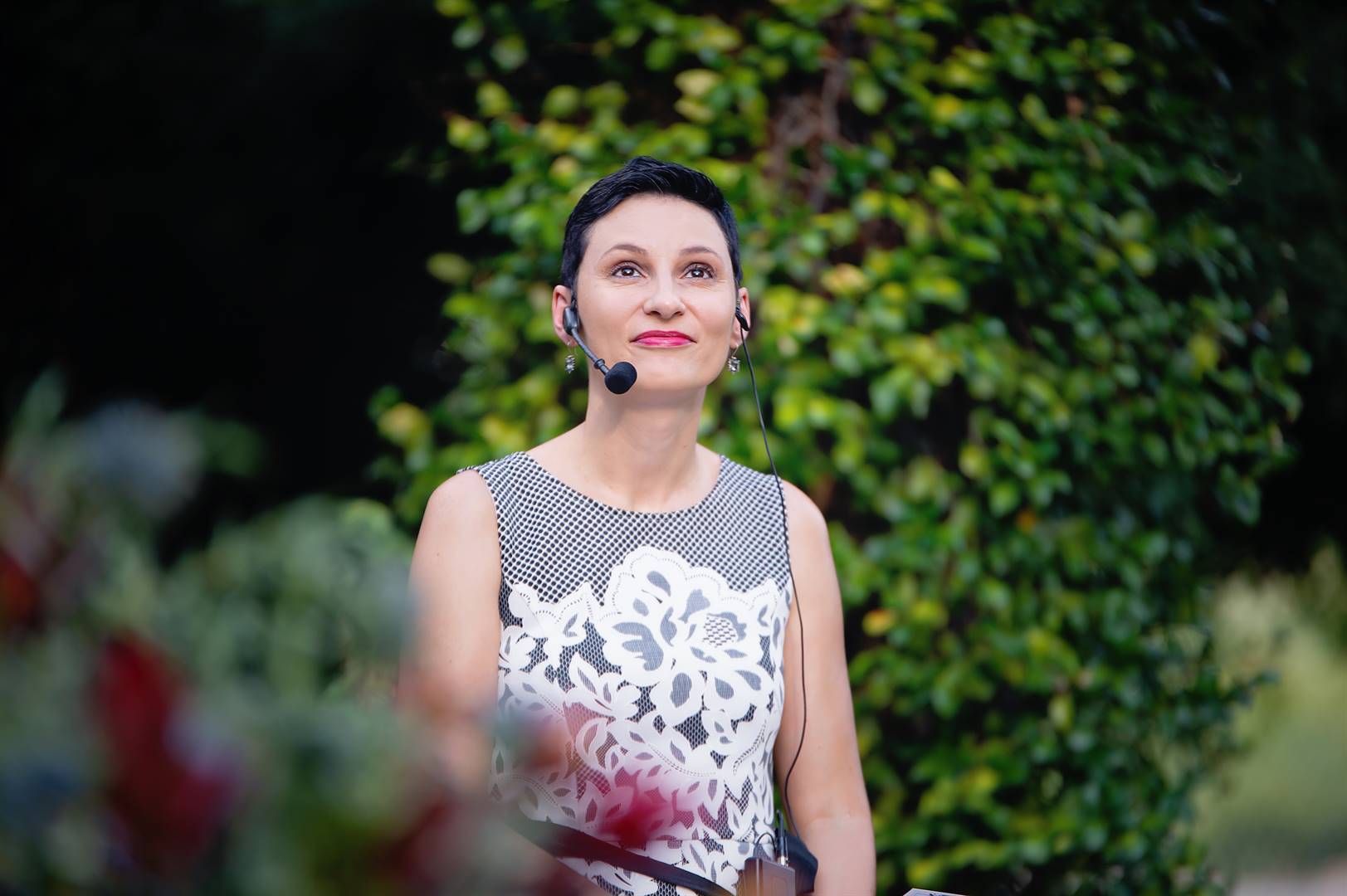THE PARADOX OF NATURE: HOW SOCIETY LIMITS OUR ACCESS TO GOD'S GIFTS
Restrictions on accessing certain plants and land in South Africa have left many communities without crucial resources. Traditional healers and herbalists are particularly affected. These restrictions are often driven by business interests and government policies. As individuals, we can advocate for community well-being and environmental sustainability and reconnect with nature. Let's value and protect the natural world for a more equitable and sustainable future.

It's a strange world we live in, where the things that were given to us by nature are often made illegal or restricted by laws and regulations. Even more bizarre is the fact that we're then expected to purchase the very same things that were once freely available
This is particularly evident in South Africa, where many communities have relied on the land and the plants that grow on it for generations. However, with the commercialization of agriculture and the imposition of laws that restrict access to certain plants and land, many people have been left without access to these resources.
For example, traditional healers and herbalists in South Africa often rely on specific plants to create remedies and medicines. However, many of these plants have been designated as illegal or restricted, making it difficult for these healers to access the resources they need to help their communities.
Similarly, access to land is a contentious issue in South Africa, with many people being displaced from their ancestral lands due to commercial interests or government policies. This not only affects individuals' ability to grow their own food and make a living, but also their connection to their cultural heritage and the land that they consider sacred.
It's important to remember that these restrictions on nature and the resources it provides are often driven by business interests and government policies, rather than any real concern for the well-being of communities or the environment. By making it illegal or restricted to access certain plants or lands, these entities can control the market and profit off of the resources that were once freely available.
As individuals, we can challenge this system by advocating for policies that prioritize community well-being and environmental sustainability, rather than corporate profits. We can also take steps to reconnect with the land and the resources that nature provides, whether it's by growing our own food, supporting local farmers and traditional healers, or simply spending more time in nature.
Ultimately, we need to recognize that the resources that nature provides are a gift that we should cherish and protect, rather than something that can be bought and sold. By valuing the natural world and working to protect it, we can create a more equitable and sustainable future for all.
What's Your Reaction?

































